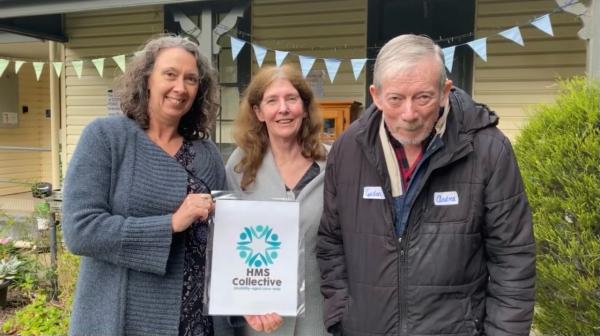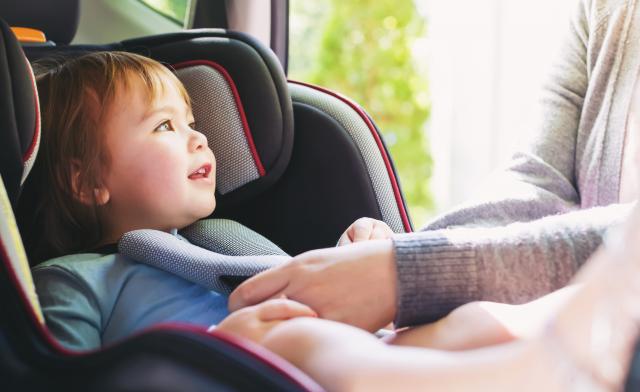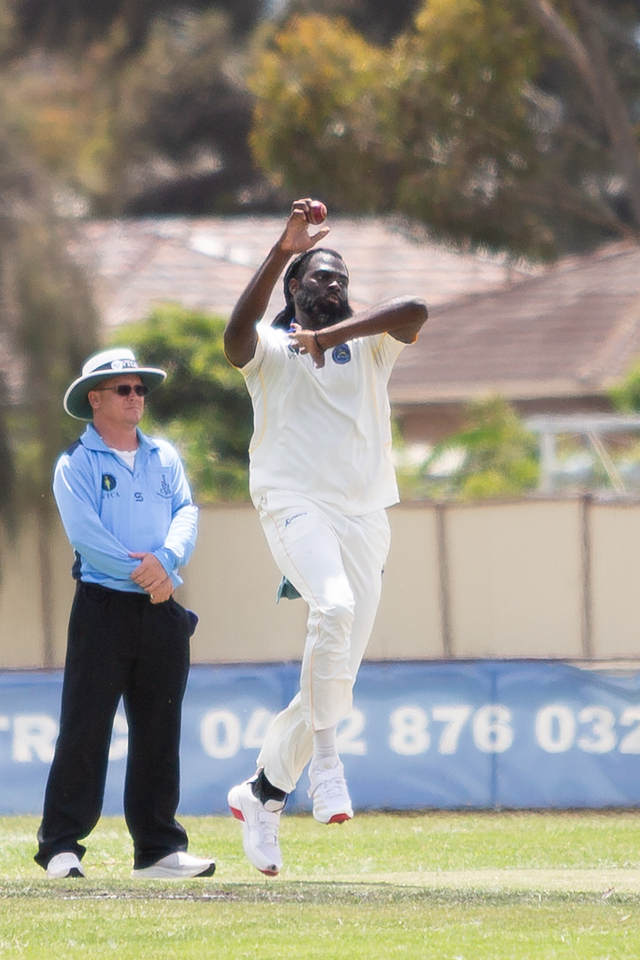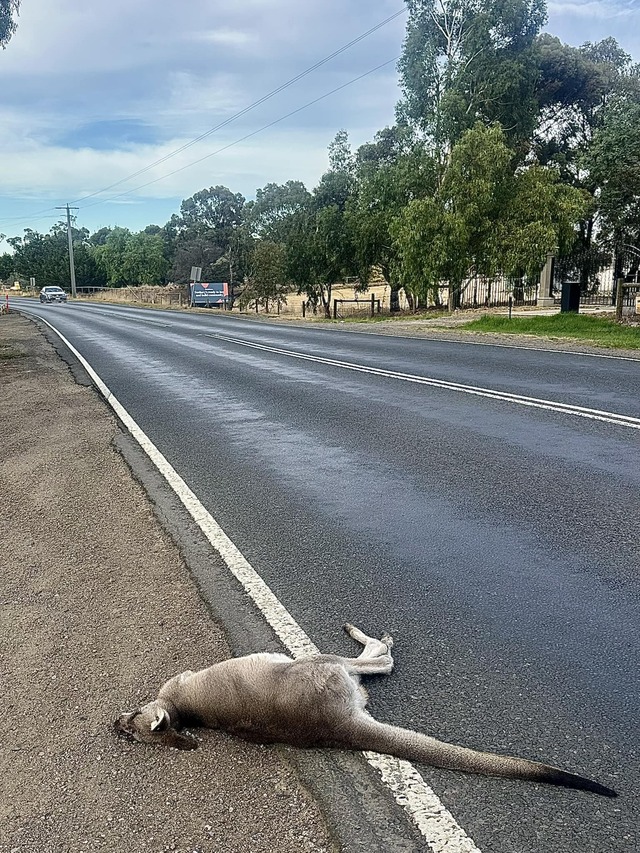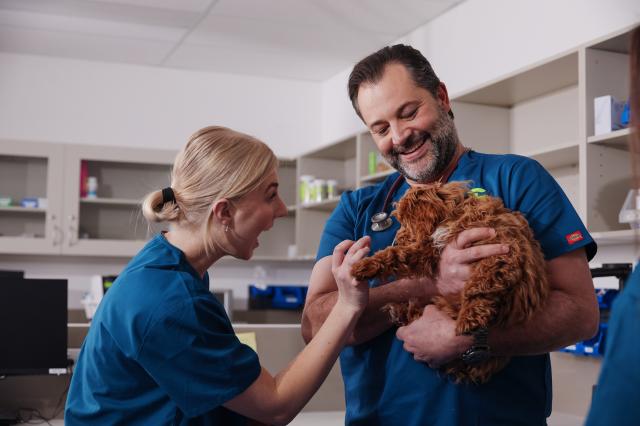Six months after establishing Australia’s first team of community paramedics, HMS Collective is hoping to raise awareness of how the service can improve lives in the Macedon Ranges.
Based in Riddells Creek, HMS Collective’s model is based on a system used in the United Kingdom and Canada, where trained paramedics provide health services outside of an emergency context.
These community paramedics provide in-home assistance for people who are using the national disability insurance scheme (NDIS), My Aged Care or anyone in need of mental health services.
With a promising uptake of 20 regular clients and almost as many staff, the first six months have been an exciting and frustrating enterprise, says HMS Collective corporate services manager Ranee Wilkinson.
“What we’re finding difficult is the lack of recognition that paramedics can be anything but emergency paramedics,” she said.
“When people think of paramedics they think of ambulances, but what they don’t understand is that a paramedic can also look after people in their homes.
“Paramedics are one of the most trusted care professionals, so I think if people understood they could receive that care at home without having to be carted off to a hospital, there would be a huge uptake.”
In August, Star Weekly reported that Victoria’s ambulance services were under strain from what Victorian Ambulance Union secretary Danny Hill described as people using the emergency transport as a “taxi service”.
Ambulance Victoria data from April 1, 2021, to June 31, 2021, revealed the average response time for code one ambulance call-outs, which includes all life-threatening incidents, was 15 minutes and 48 seconds. This is above the recommended response time of 15 minutes or less.
“When people call for non-urgent problems, it can lead to crews not being available to respond to patients who really need paramedics help,” Mr Hill said.
HMS Collective community paramedic Jacqui Wilkinson said the work she does helps to bear some of the load for the overworked healthcare sector.
“Rather than being reactive , we’re being proactive and providing care to people before it reaches an emergency,” she said.
“It’s been awesome to be able to make a difference in people’s lives.”

